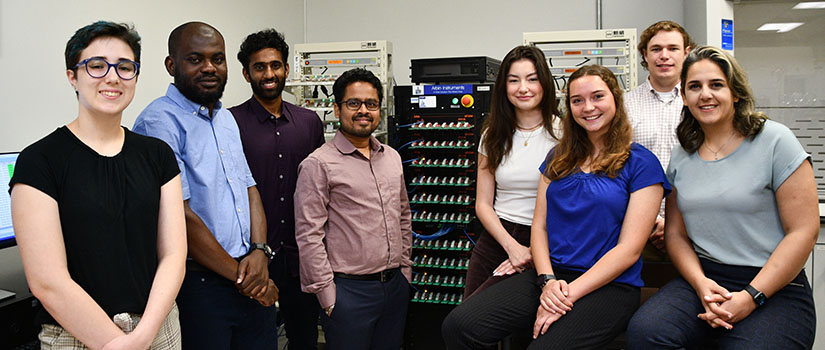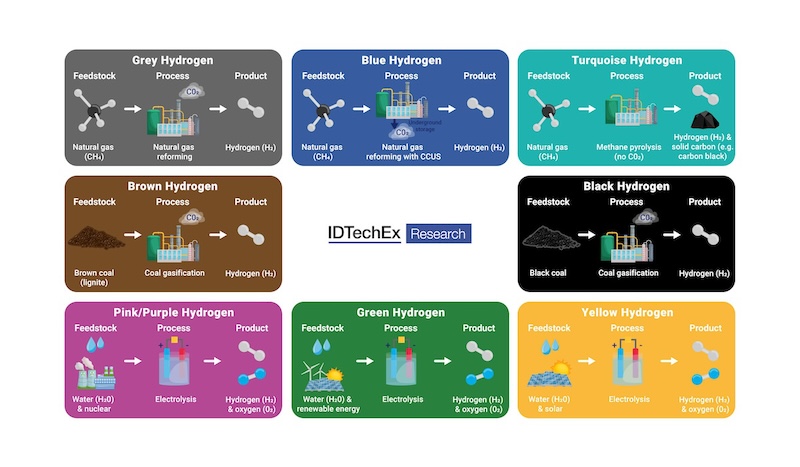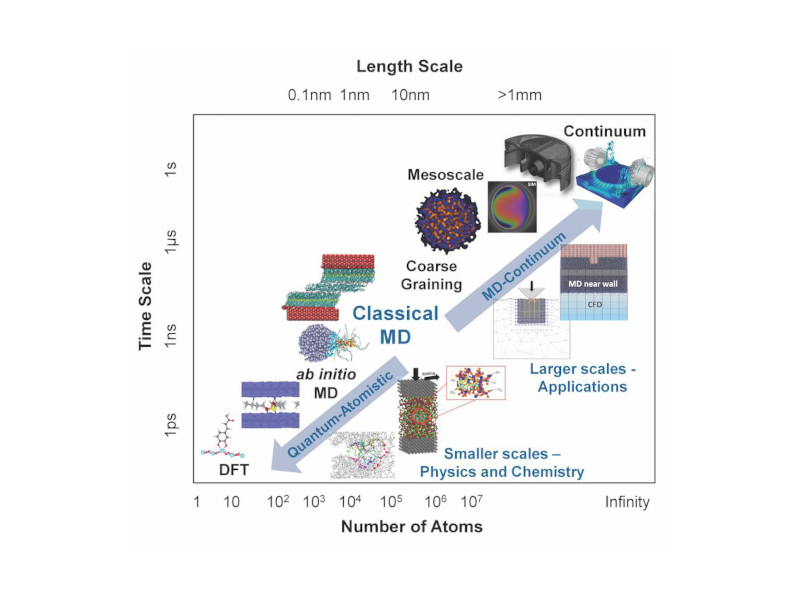International Society of Automation certifications provide an objective, third-party, unbiased assessment and confirmation of a person's skills, experience, knowledge and proficiency. They give accredited individuals the opportunity to stand out from the crowd and be recognized. Certification is different from licensure such as the Professional Engineer (PE) registration in the United States.
International Society of Automation certifications provide an objective, third-party, unbiased assessment and confirmation of a person’s skills, experience, knowledge and proficiency. They give accredited individuals the opportunity to stand out from the crowd and be recognized.
Certification is different from licensure such as the Professional Engineer (PE) registration in the United States. A PE is recognized by most states to practice engineering in a particular discipline including electrical, civil, mechanical, chemical and control. A license typically requires levels of experience, academic background and the passing of an exam to earn this designation. The PE is authorized to prepare, sign and submit engineering plans and drawings to a public authority for approval. Each country typically has its own licensure program. An ISA certification, however, has global recognition, which is a great feature in today’s competitive market.
ISA offers two certification programs: the Certified Control Systems Technician (CCST) and the Certified Automation Professional (CAP). ISA also supports a professional engineering license: the Control Systems Engineer (CSE).
The CCST program promotes the professional development of control systems technicians by recognizing and documenting knowledge, experience and education in automation and control, and provides a measurable hiring qualification. The CCST program has been popular with technicians and managers looking for an objective way to measure the skill level of control systems technicians.
The CAP program benefits managers and automation professionals by promoting professional development and recognition for individuals and provides measurable hiring qualifications for managers . The CAP program documents an automation professional’s experience, knowledge and education by providing an objective skills assessment.
Both programs require recertification every three years. For employers looking to hire a CAP or CCST, recertification is a great advantage as it ensures a certain level of competency and a commitment to continuing education. Recertification mandates that the CCST or CAP earn a certain number of Professional Development Hours (PDH) to maintain a level of currency in his or her field. PDHs can be earned by attending workshops, seminars, training classes and many more continuing education opportunities related to automation.
The continuing education component of ISA certification should be an attractive aspect to any employer. It helps guarantee that the level of knowledge, skills and experience of their workforce current. Company support for an employee to earn or continue as a CCST or CAP sends a positive message to the worker that professional development is important and should be pursued.
The ISA CST Associate and ISA CAP Associate programs are designed for students desiring to enter an automation related career. It requires students to pass an exam to earn recognition. The ISA CST Associate program demonstrates commitment to a career in automation and control, and shows that educational accomplishments are only the beginning. An ISA CST Associate must have specialized work experience and/or an educational background in instrumentation and control, as well as successfully complete an ISA examination designed to measure a fundamental understanding of knowledge in instrumentation and control.
The ISA CAP Associate program recognizes students graduating from a four-year technical degree program who are interested in working in automation. It recognizes the student’s interest and knowledge of automation. Although the CAP Associate program is not a certification program, it provides an additional credential for the graduating student. Students who pass the CAP Associate exam receive one year of “work experience” credit toward the CAP eligibility requirements. CAP applicants who have a four-year technical degree must document five years of experience in automation. The CAP Associate is eligible to take the CAP exam after four years of automation work experience.
ISA also supports a PE license program with the Control Systems Engineering (CSE). It requires an understanding of instrumentation and the automatic control of dynamic processes. The CSE examination is available through 44 state boards of engineering each October. It includes elements of electrical, mechanical and chemical engineering, centered on the technologies needed for feedback and feed forward control of dynamic systems.
CCST and CAP are credentials that could mean continued employment. For the CCST or CAP working in industry, it is critical that they continue to show the company that they are vital to the success of that enterprise. For potential new employees, it is always critical to show ways that you are better prepared than other applicants for the position.
Job competition is intense in today’s competitive market. Holding a CCST or CAP certification could be the deciding factor in whether you are hired for that next position.



